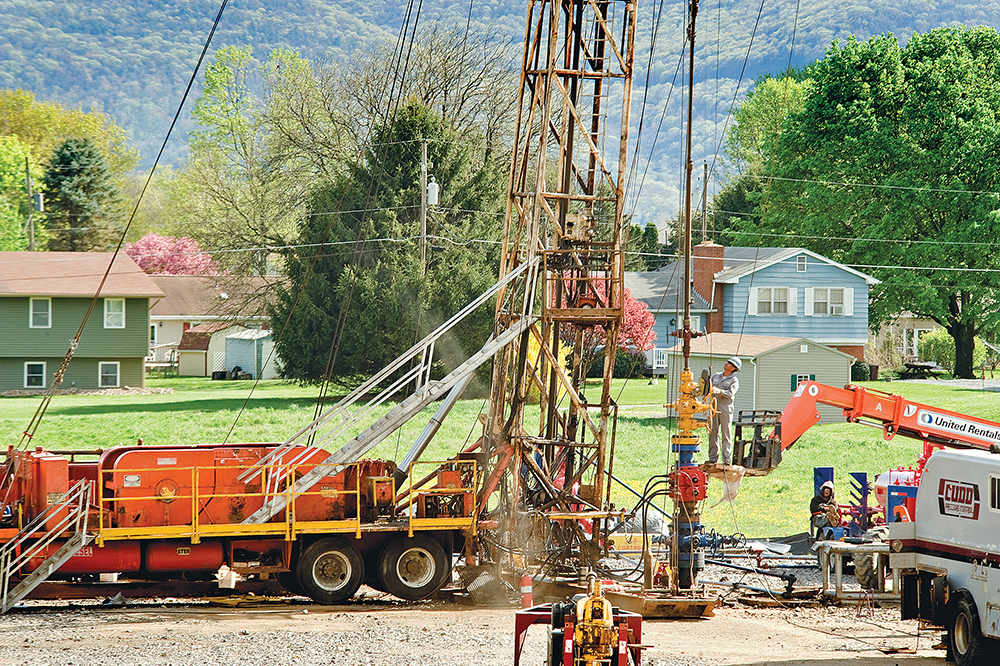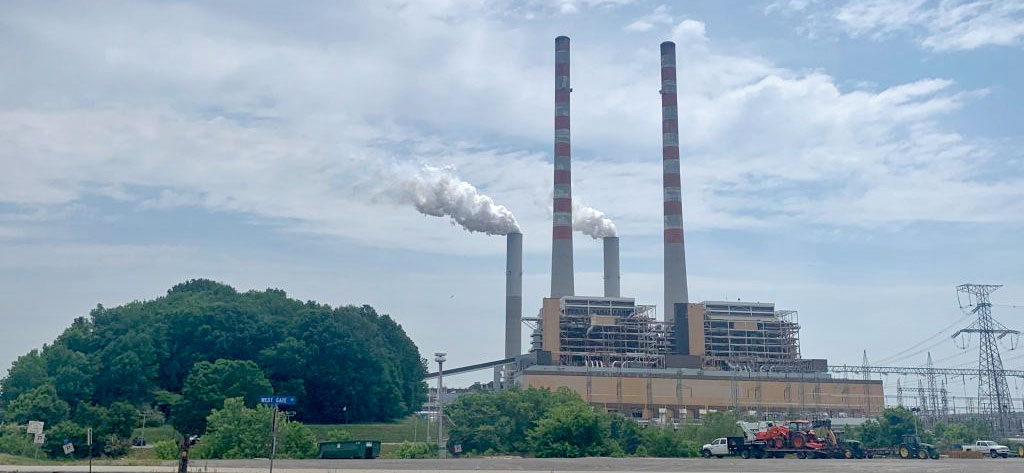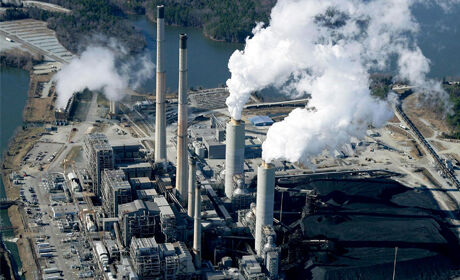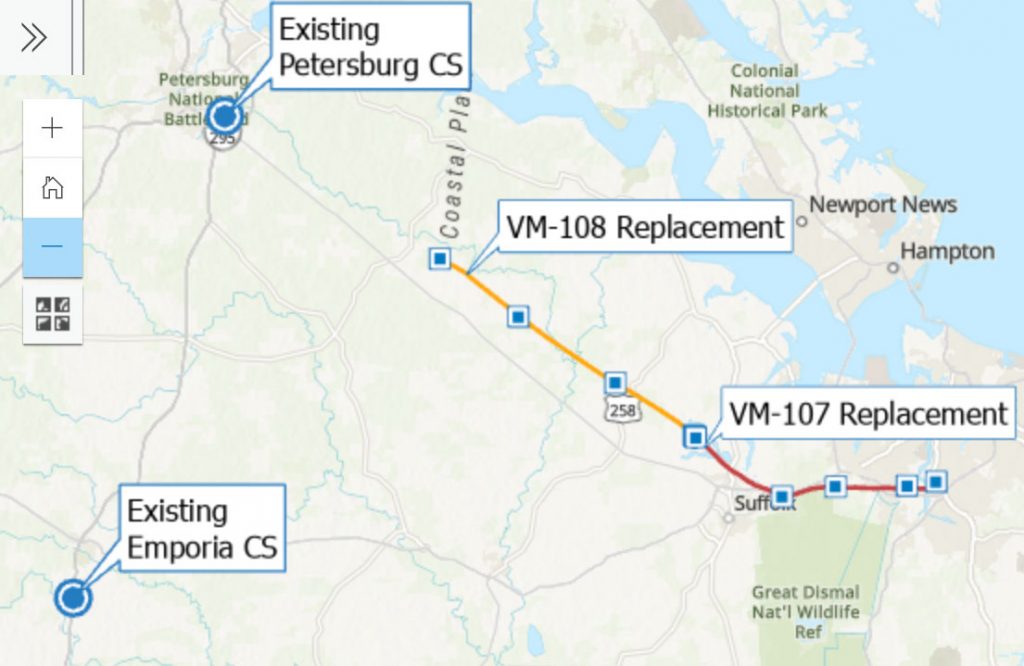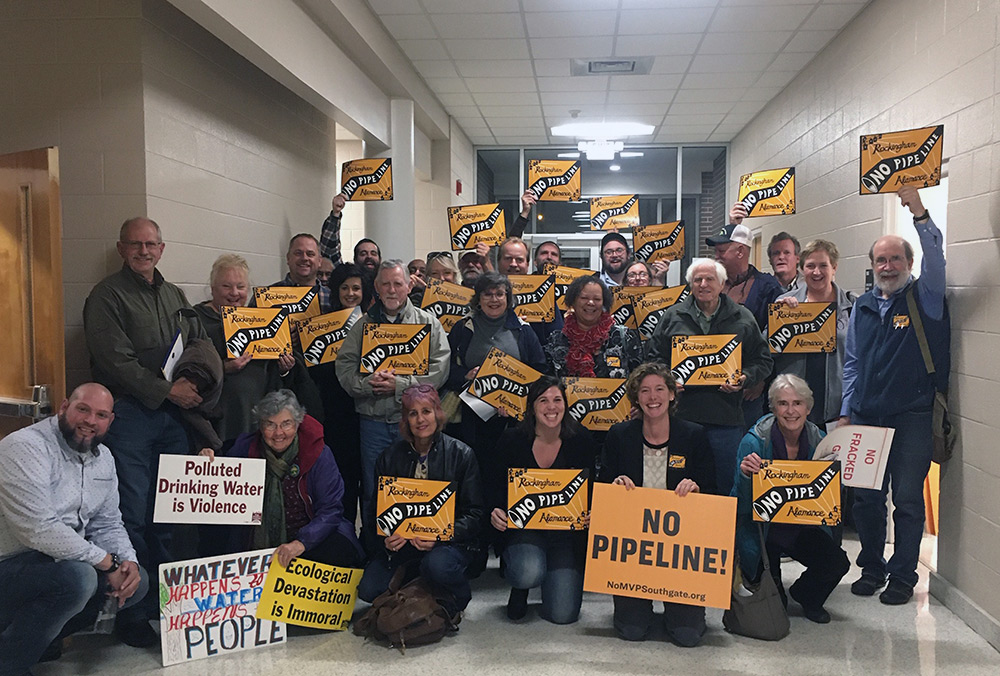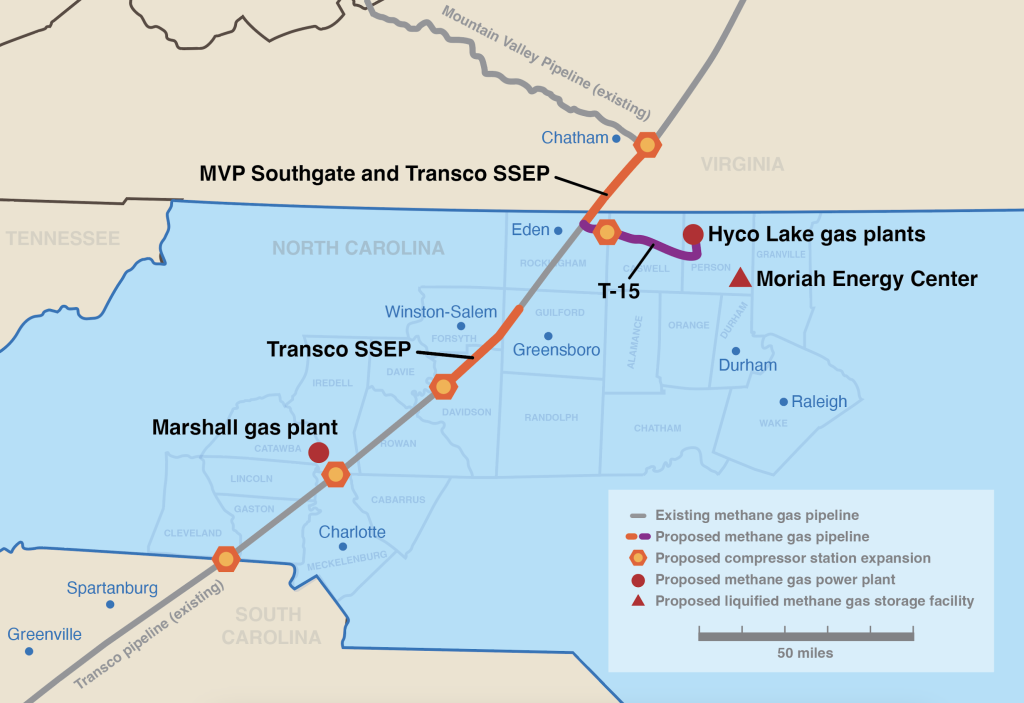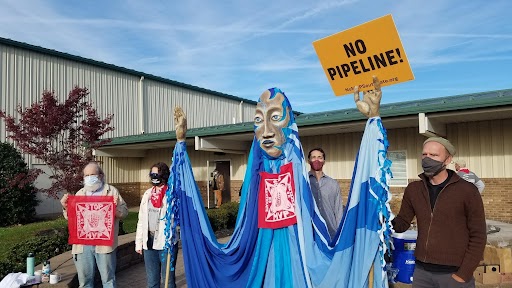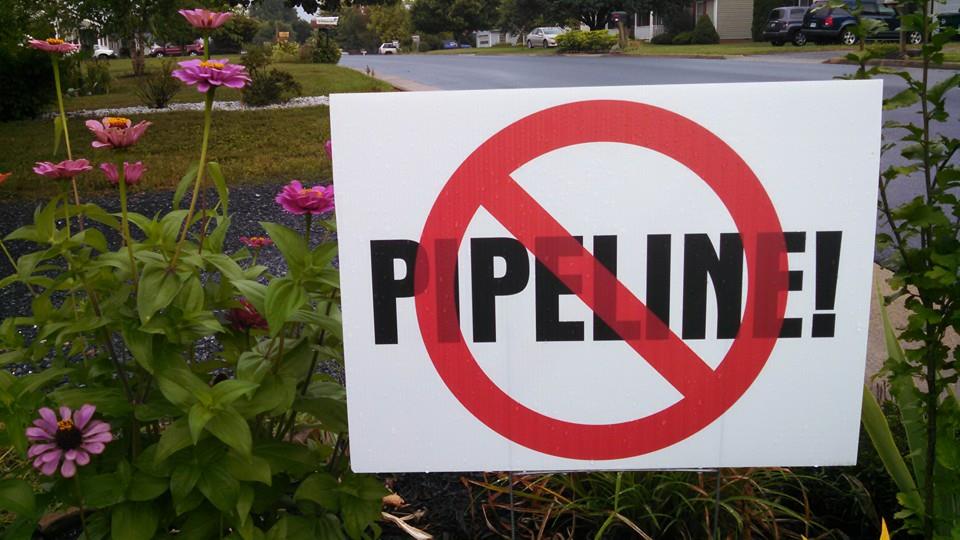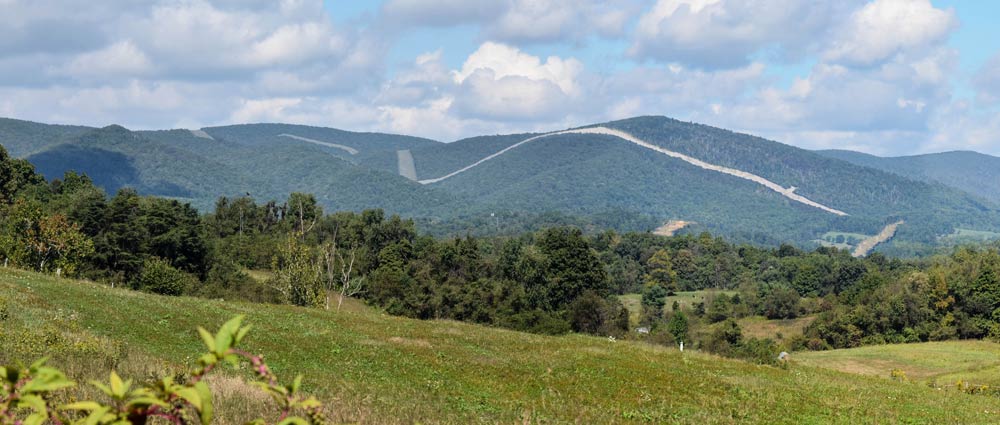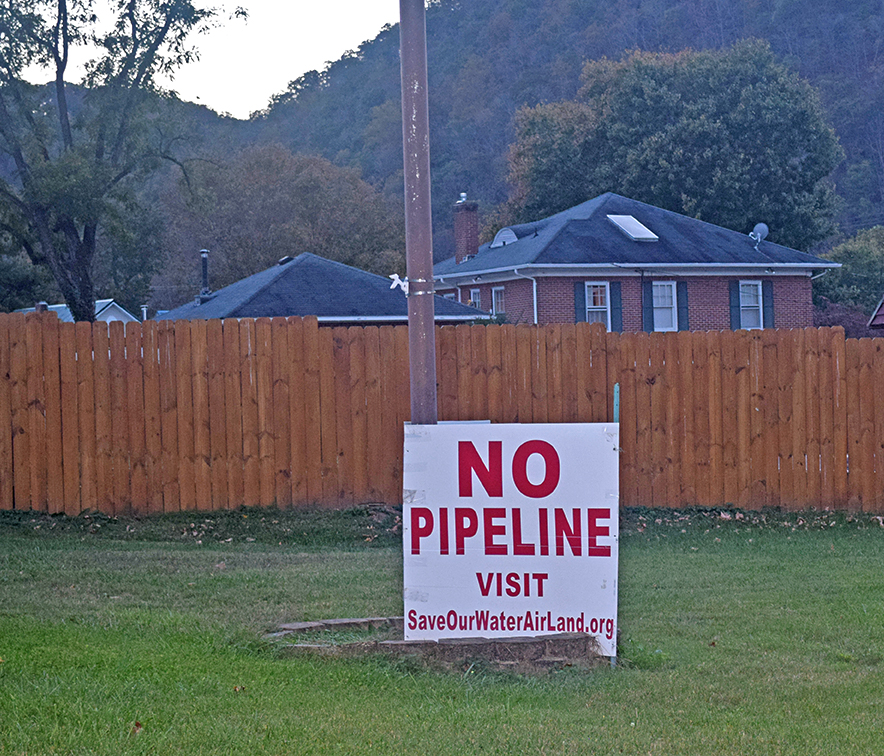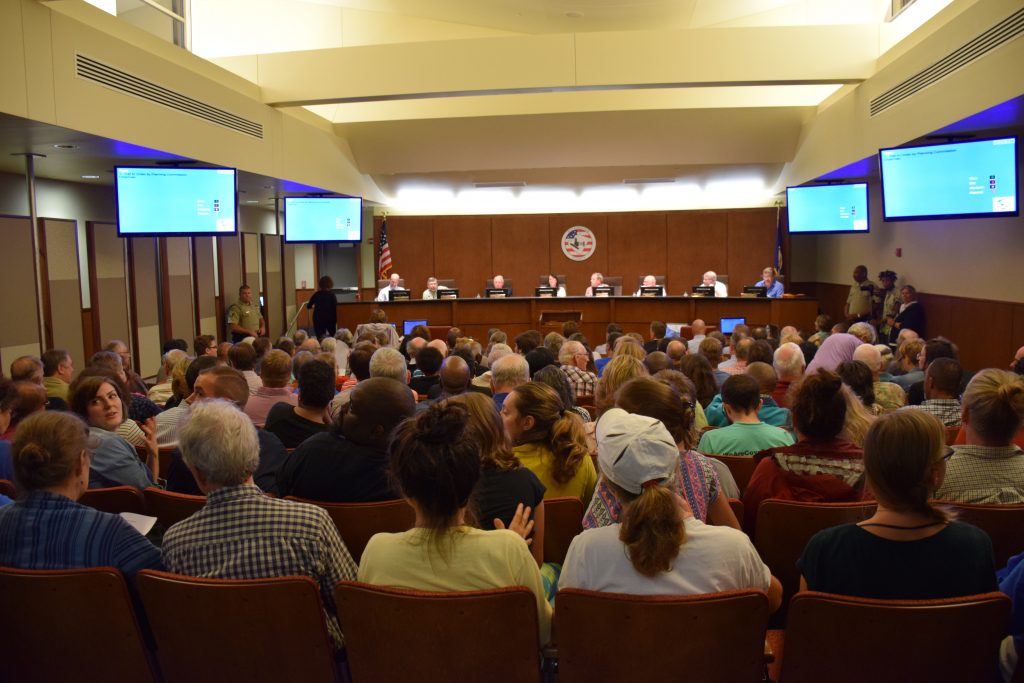Stop Pipelines & Fracked Gas

Photo By Sierra Shamer / Fractracker
Two decades ago, so-called natural gas exploded on the American energy market, pushed by the industry as a supposedly clean “bridge” fuel to transition the economy from dirty coal to renewable sources of electricity generation like solar and wind.
But this gas is far from clean. From the time that it is extracted using a destructive drilling method called fracking, its transport through pipelines, train cars and trucks, to the power plants where it is burned, the dire environmental and human costs of this fossil fuel are now abundantly clear. In particular, this polluting infrastructure is often sited in communities of color, lower-income areas and other environmental justice communities.
Studies show that investments in renewable energy and energy efficiency are on par with, or sometimes more affordable than, building new gas infrastructure. Many states are enacting policies to tap into the rising solar and wind sector. Yet the fossil fuel industry is rushing to build methane gas pipelines and power plants to squeeze as much profit as possible out of the waning fuel, putting most of the financial risk on customers.
Appalachian Voices is tackling the spread of fracked gas head-on by legally challenging fossil fuel proposals and pushing back against the antiquated policies and rubber-stamping agencies that govern the development of gas infrastructure. We are also partnering with communities in the fight against new fossil fuel infrastructure, providing resources and training to bolster local opposition. And we are pressuring decision-makers to force them to consider the harm to communities threatened by polluting energy development.
And the tide is starting to turn. In July 2020, Duke Energy and Dominion Energy canceled the 600-mile Atlantic Coast Pipeline. The massive fossil fuel project was riddled with problems, starting with the fundamental fact it was not needed to meet energy demand. Standing beside the many communities and organizations that made this historic victory possible, we’re taking this momentum and applying it toward the fight against other destructive, climate-harming projects that threaten community safety, our clean air and water, and that would raise electricity costs for residents.

Latest News
FERC’s pipeline review process is broken
It’s no secret: oil and gas pipelines have captured the nation’s attention, not to mention the new administration’s. But new research is refuting the industry’s pro-pipeline arguments and even a former chairman of the Federal Energy Regulatory Commission is calling for greater scrutiny of proposed natural gas infrastructure projects.
Delay in Mountain Valley Pipeline
The Final Environmental Impact Statement for the Mountain Valley Pipeline has been delayed indefinitely, but the Trump administration expedited action on the Keystone XL and Dakota Access Pipelines.
Public Pushback Against Appalachian Natural Gas Pipelines
Community members from across Appalachia are joining together to fight the construction of the Atlantic Coast and Mountain Valley Pipelines, but critics cite flaws with the ongoing environmental review process.
Buckingham’s Battle: Residents oppose proposed gas compressor station
A proposed natural gas compressor station in Buckingham County, Va., would keep gas moving through the Atlantic Coast Pipeline. But many nearby residents are opposed to the industrial facility because it would cause pollution and noise and devalue nearby properties.
Why stop the Mountain Valley Pipeline?
The Federal Energy Regulatory Commission is taking public comments from citizens regarding the proposed Mountain Valley Pipeline, which would carry fracked gas through W.Va. and Va. It’s a important chance for citizens to voice their concerns on-the-record. Read some of the reasons why Virginia Campaign Coordinator Peter Anderson is speaking out against the pipeline.
Environmental justice in Buckingham County
A proposed compressor station along the Atlantic Coast Pipeline route would pose public health risks and increase noise pollution in a rural, historically black community. Citizens are fervently urging local officials to reject the project, which would severely impact the viability of the pipeline overall.

